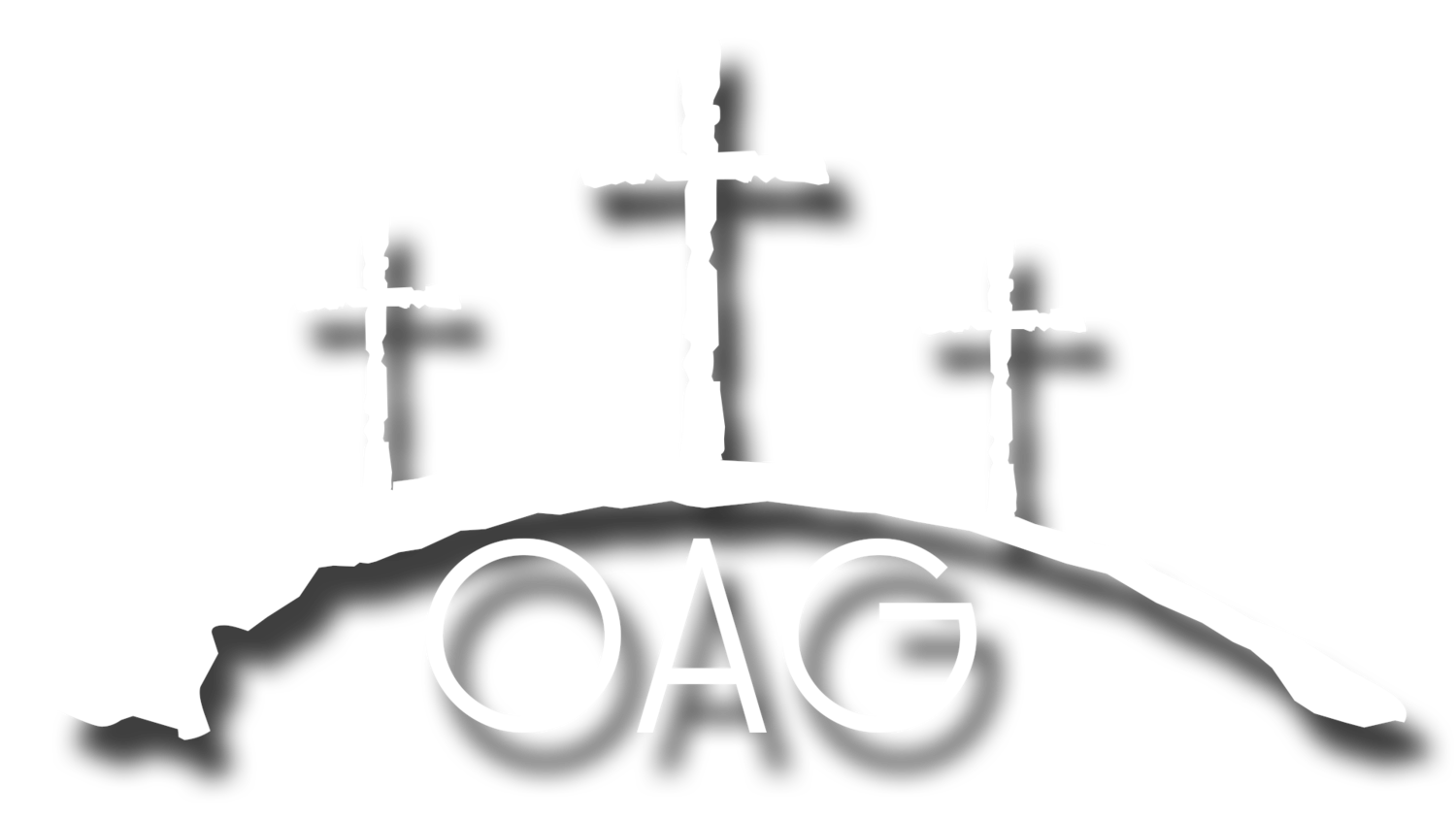Jehovah, the Names of God
Summary
In today's Amplify United service, special guest speaker Pastor Coco delivered an engaging and fast-paced sermon to our teenagers, emphasizing the importance of responding to God's word and recognizing His presence in their lives. He shared personal anecdotes to connect with the youth, underscoring his journey from a small town in Georgia to his current role in ministry and as a school security guard. Throughout his sermon, Pastor Coco encouraged the students to interact, participate actively, and consider the various names and aspects of God—like Jehovah Nisi and Jehovah Rapha—which reflect His character and our relationship with Him. He passionately conveyed that understanding these dimensions of God could empower them to overcome personal struggles and deepen their faith. The message concluded with a powerful call to the altar, inviting the students to recommit to God and acknowledge Him as the ultimate authority and source of peace in their lives.
-
Understanding God’s Names: Start by asking your teen what they learned about the different names of God from the sermon.
Discuss what each name means and how these aspects of God's character can be relevant in their daily life and challenges.
For your reference, here are the name discussed in the sermon:
Jehovah Nisi: The Lord Our Banner
Jehovah Jireh: The Lord our Provider
Jehovah Rapha: The Lord our Healer
Jehovah Shalom: The Lord our Peace
Personal Response to the Sermon: Encourage your teen to share their personal thoughts about the sermon.
Which parts did they find most impactful?
Was there a particular story or example that resonated with them?
This can open up a conversation about how they see God working in their own life.
The Importance of Community and Church: Reflect with your teen on Pastor Coco’s emphasis on the role of the church and community in individual faith journeys.
Discuss the importance of being connected to a faith community and how it can support personal and spiritual growth.
Challenges and God's Role: Discuss the challenges that teens face today, as mentioned in the sermon, like identity and societal pressures.
Ask how they feel about Pastor Coco's assertion that understanding God's role as a provider and protector can help navigate these challenges.
Action and Commitment: Finally, talk about the call to action that Pastor Coco presented towards the end of his sermon.
What does it mean for your teen to make a commitment at the altar? Discuss practical ways they can live out this commitment in their everyday actions and decisions.
-
Starter
Introduction: Pastor Coco introduces himself, shares a bit about his background, including his nickname "Coco", his origins from Waycross, Georgia, and his current roles as a minister and a school security guard.
Engagement: He encourages interaction from the audience, asking them to talk back, engage with their neighbors, and actively participate throughout the sermon.
Message
Personal Stories and Connection: Shares stories about his family, his nickname origins, and his journey in ministry, including his move to becoming an evangelist and his experiences as a "campus pastor".
Discussion of Names of God: Introduces the concept of the different names of God—Jehovah Nisi (The Lord My Banner), Jehovah Rapha (The Lord That Heals), Jehovah Jireh (The Lord Will Provide), and Jehovah Shalom (The Lord Is Peace), explaining their meanings and relevance.
Dig Deeper
Exploration of "Jehovah": Discusses the significance of the name Jehovah, its sacredness, and its use in scriptures, comparing how different Bible translations handle this name.
Scriptural References: Uses Psalms and other biblical references to delve into the meanings and implications of calling God Jehovah, emphasizing God's supremacy and eternal presence.
Application
Personal and Community Challenges: Connects the names and characteristics of God to personal challenges faced by the teenagers, such as identity issues, peer pressure, and modern societal challenges.
Practical Implications: Encourages the teens to consider how these aspects of God can be actively applied in their lives to overcome obstacles and find strength in their faith journey.
Conclusion
Call to Action: Invites the audience to respond to the message by coming forward, engaging in prayer, and making personal commitments to their faith.
Closing Prayer: Ends with a prayer that seeks to consolidate the message and implore God's guidance and presence in the lives of the attendees, reinforcing the sermon's themes and aiming to leave a lasting impact on the teens.
